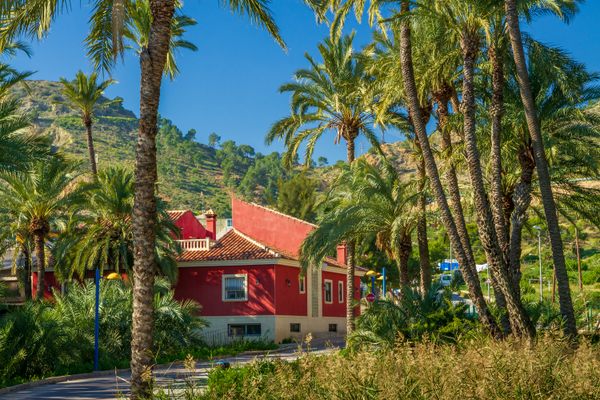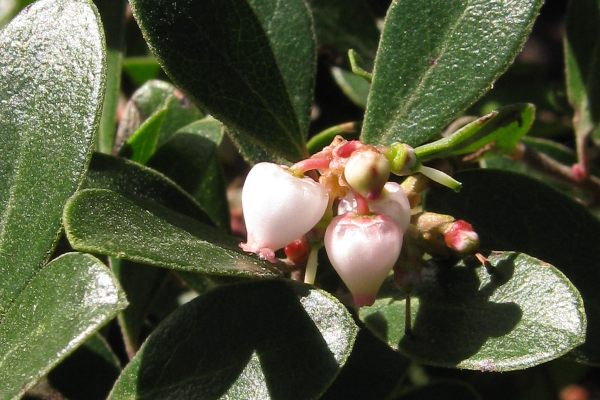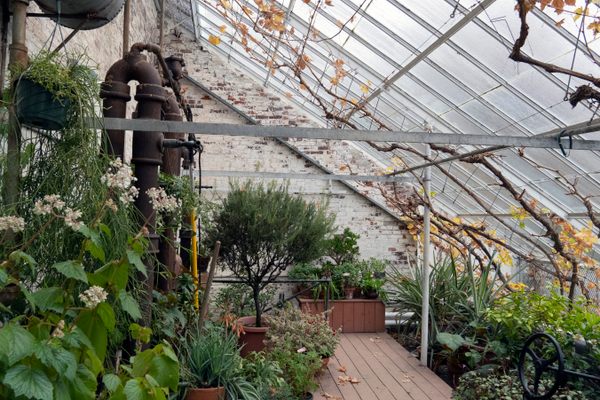About
For over 2,000 years, people in the small town of Inakadate, Japan have grown rice. Unfortunately, growing rice was all the town was known for until 1993. In a near desperate attempt to generate attention and tourist revenue, the townspeople began working on a public art project.
By embracing its agricultural past, and adding a little 20th-century technological know-how, Inakadate was able to create massive living art, made out of colored rice stalks. Called Tanbo (Paddy) art, the designs are wondrous. Spanning entire fields, the rice paddy art takes 1,200 people from the community and $35,000 to create. But the end result is an amazing multi-colored design, stretching hundreds of feet and featuring incredible detail.
In 1993, the first work of art was only a depiction of a mountain, using a few colors. Since then, the town has become much more bold, even incorporating multiple fields to create a dramatic battle scene between a monk and a samurai. Each year the rice is planted and a new image is created. For the most part, the images reflect Japanese culture and traditions. However, in an attempt to draw more tourists to the town, the Mona Lisa was also attempted in 2003.
To provide the full effect for the designs, the town invested in a small 20 meter observation deck in front of the fields. On the tiny deck, 200,000 visitors per year come to marvel at the artistic fields. Given the success of the project in Inakadate, other rural Japanese towns have followed suit, creating other Tanbo art in a similar fashion, incorporating words and pictures to add flavor to their work.
Although the fields have been a massive tourist draw, a 2010 NY Times article reported that the town has still not generated as much revenue as they had hoped, and have had to ask for donations to keep their Tanbo art alive.
Related Tags
Hidden Japan: Sado Island, Nara & Kyoto
Explore a different side of Japan.
Book NowPublished
September 22, 2011
































